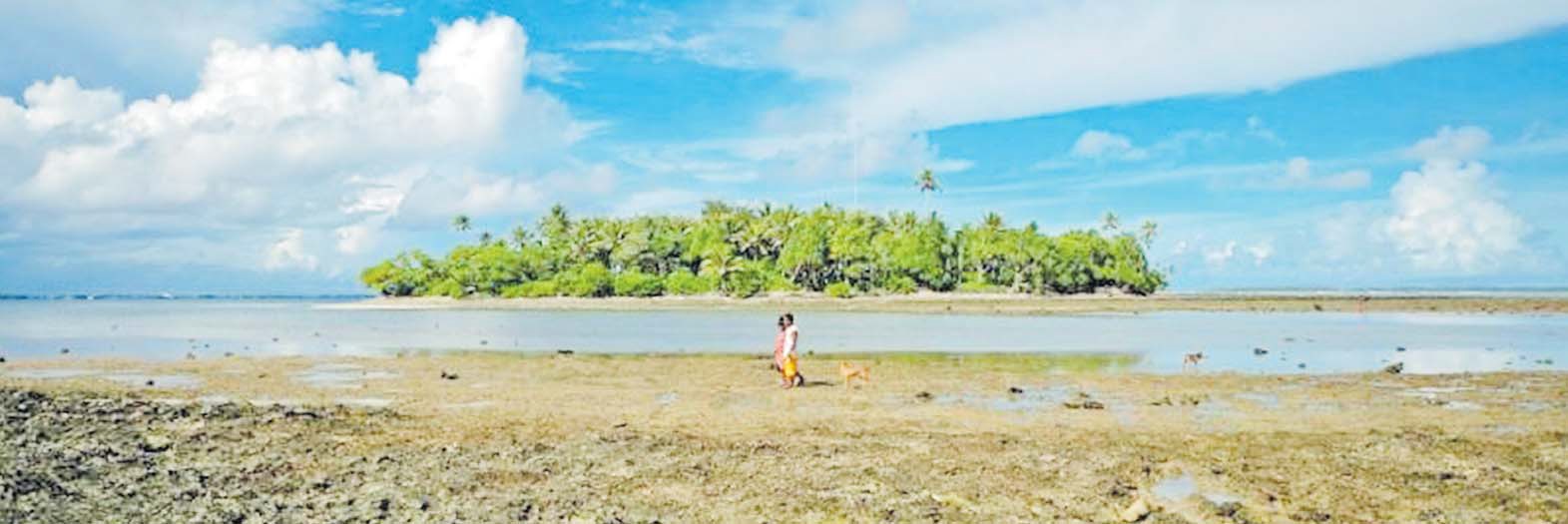Those who fail to learn from history are doomed to repeat it — George Santayana Pacific aid effectiveness is by no means a new concern.
As the Asian Development Bank (ADB) recorded more than 20 years ago, ‘the ADB project failure rate is twice as high in the Pacific islands as in the Bank’s overall lending’.
Relatively poor performance was the reason why ADB established the special Office of Pacific Operations in 1995, and also the reason for ADB’s extensive earlier applied research in Pacific island countries.
ADB was not alone in expressing such a concern.
The term ”Pacific Paradox’ emerged, in part from recognition that aid to the region wasn’t working as well as it should.
The Pacific Paradox persists.
As shown in the recent Annual Evaluation Review by ADB’s Independent Evaluation Department, only half of the projects recently completed in the Pacific have succeeded.
Major development partners have published extensively on the performance of Pacific development assistance (see devpolicy.org for links to these reports).
The region’s academic institutes are also a rich source of information on aid effectiveness.
Decades of published research should guide better performance, but they do not appear to do so.
What are the lessons and why are they not learnt?
I know of no overall region-wide, historical synthesis of all this knowledge, and such a review is overdue.
However, published evaluations point to a consistent set of factors that continue to influence results.
Among the standard evaluation criteria, efficiency and sustainability are consistently low scoring in the Pacific islands.
Inadequate initial diagnostics and project design, insufficient implementation support and monitoring, weak government ownership, and thin capacity of implementing agencies continue to be the most common root causes of unsuccessful projects.
Underlying all the root causes is thin government capacity.
This is an enduring and defining feature of the fragile states of the Pacific islands. Government agencies often face a serious challenge of basic organisational effectiveness, and a particular concern is how to secure effective leadership and management within the constraining institutional, social settings of the islands.
These seemingly perpetual challenges are all the more important today given the growing number of development partners and projects in the region.
A renewed effort by governments and partners to strengthen their approaches to building capacity is the first priority.
Again, lessons on what has worked are available and remain relevant today.
A regional study by ADB in 2007-2008 identified lessons from what were considered to be the more successful stories of capacity development in the islands.
The major findings of this work highlighted the need to better understand context, build on existing capacities and demand in a participatory manner, and for Islanders to drive monitoring and evaluation.
The second priority is to embed greater people capacity in a stronger institutional and policy environment.
For many years now, both the ADB and the World Bank have consistently recorded comparatively poor assessments of institutional and policy settings in the islands.
While there are important exceptions, this again remains an enduring concern at the regional level.
Fundamental to improving this record is the need to develop strong and trusting relationships and a sense of mutual respect between development partners and Pacific leaders.
Policy reform lessons focus again on building on existing capacities and demand, on participation, and on effective monitoring.
In addition, policy and institutional reforms should reflect a sound understanding of the political economy, be
carefully timed, follow simple and flexible designs, and be effectively sequenced.
Policy and institutional reform has been supported by a variety of advisory technical assistance.
Again, this assistance needs to be subjected to summary analysis, but based on personal experience it has had mixed success in bringing about meaningful change.
Long-term resident or intermittent advisors can provide much-needed support, but those hired more for their professional credentials than political and cultural acumen have tended to fail.
Reforms, as we know, are often easier to consider during times of crisis and require strong stakeholder participation and consultation, with due consideration to political cycles and elections.
Why are old, well-established but still relevant lessons not learned?
There is likely to be a number of reasons.
Persistent limited capacity must be one reason.
Among others is a prior commitment to processing annually budgeted capital transfers, a greater focus on technical
rather than country context, the regular turnover of both donor and government staff, and the greater difficulty and longer-term nature of capacity development, compared to projects that deliver physical outputs like infrastructure.
Technical capacity development requires relatively larger inputs of management, staff and time for risky gain.
More time and care are needed to design for context and to select advisors who can build rather than substitute capacity.
Some development partners do not even try to build local capacity, just build.
As a starting point, development partners should recommit to long-term capacity development as a central focus of their Pacific strategies and programs, and they should involve Pacific Islanders in the process.
History may be repeating itself in the Pacific, but it need not be.
Established lessons from evaluations and collective experiences provide relevant guidance today on what has worked, what hasn’t, and why.
Proper assessment and a deeper appreciation of existing capacities – institutional, policy and contextual – are persistently missing.
If governments and development partners can learn from history and put its lessons into practice, then there is no
reason why we cannot strengthen capacity, engage in meaningful dialogue for better policies and institutions and improve the impact of capital projects.
I am particularly grateful to Ben Graham for comment and advice on this article.
Ben served as Chief Secretary of Marshall Islands from 2017 to 2019 and has many years’ experience working, including evaluating projects, throughout the Asia-Pacific region.



